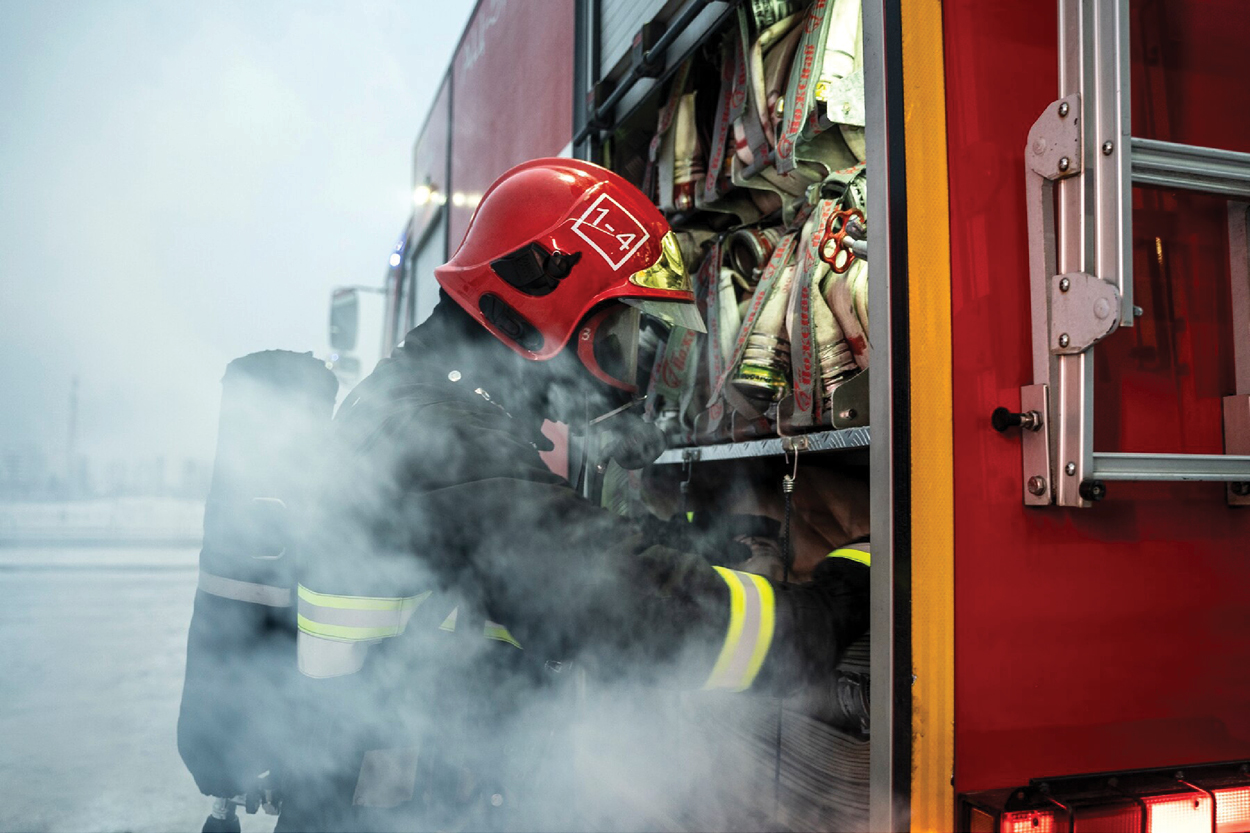Fire Safety 101
Understanding the practice of fire safety should be taken very seriously. Knowing how to keep your family safe could save their lives in an emergency. Knowing how to plan for a fire and what to do in the event of one is important because it can save lives. Fire safety also applies to firefighters and emergency personnel who are exposed to fires often. While "fire safety" means something different to our local firefighters, discussing the safety risks they endure while fighting fires is still important.
Best practices of fire safety:
Install smoke alarms on every level of your home:
-
Installing smoke detectors throughout your home makes fires quicker and easier to detect.
Clean your heat sources:
-
Frequently check your dryer vents, chimneys, and stoves to ensure they are clean, as they can become clogged.
Have a fire escape plan:
-
Having an escape plan for your family allows for more ease of mind and a quicker escape in an emergency.
Keep a fire extinguisher on hand:
-
A readily available fire extinguisher can help you quickly extinguish a fire before it spreads.
In the event of a fire:
Call for help:
-
If you are trapped in a home, call for help. Your local fire department will be dispatched and on its way to help extinguish the fire.
SDR (stop, drop, and roll):
-
If you or your clothes catch fire, the best thing you can do to stop it is stop, drop, and roll until the fire is out.
Feel doorknobs:
-
Checking the temperature of doorknobs before opening a door—by feeling if they are hot—can alert you to the presence of a fire on the other side.
Alert firefighters about pets:
-
If you are unable to rescue your pets, inform your local firefighters, who can try and save them for you.
Firefighters are constantly exposed to toxic carcinogens on their jobs, which increases their risk of developing cancer. This makes fire safety particularly crucial, as it helps minimize exposure to these harmful substances. Ensuring that you use protective gear and take measures to reduce carcinogen exposure is vital in safeguarding your health while combating fires.

